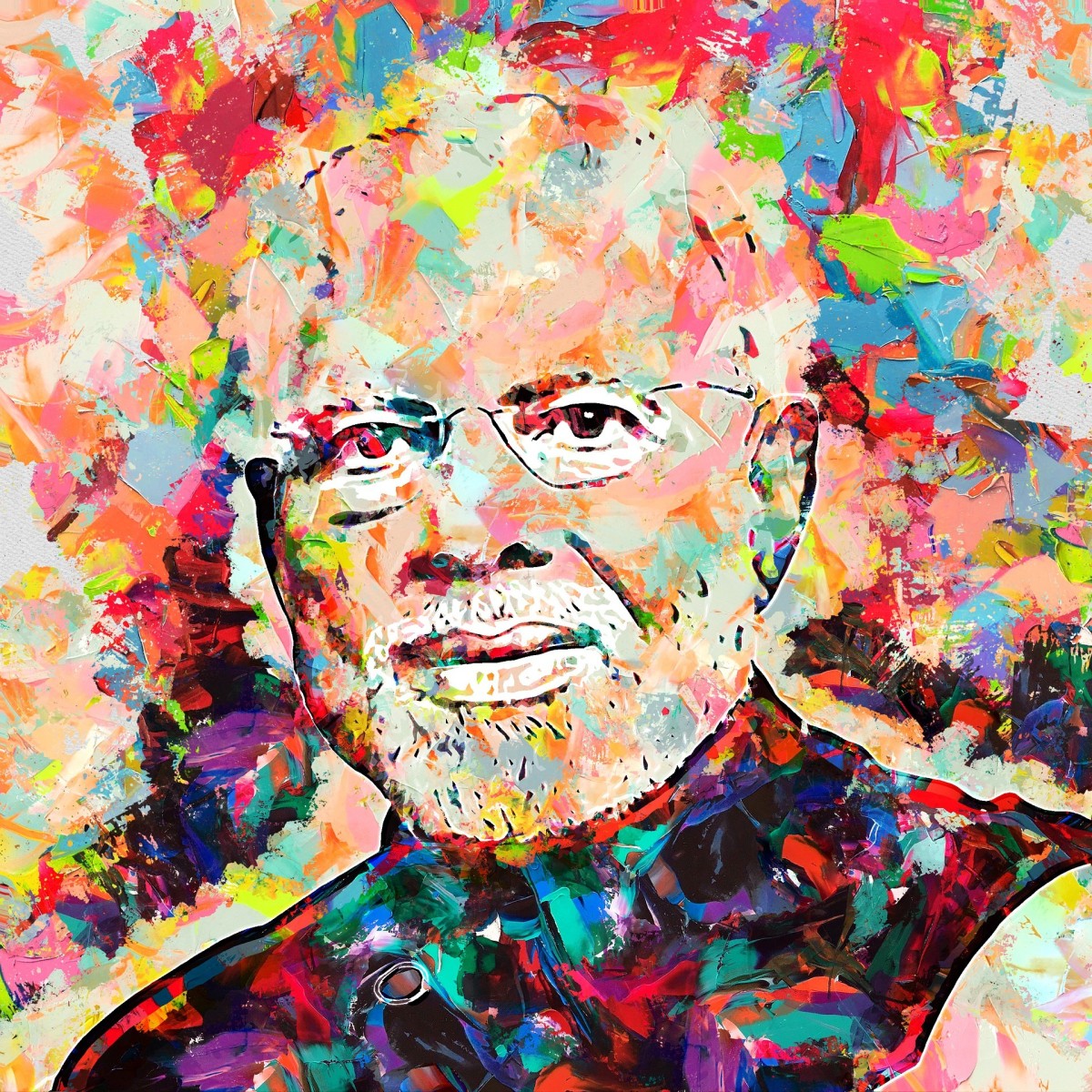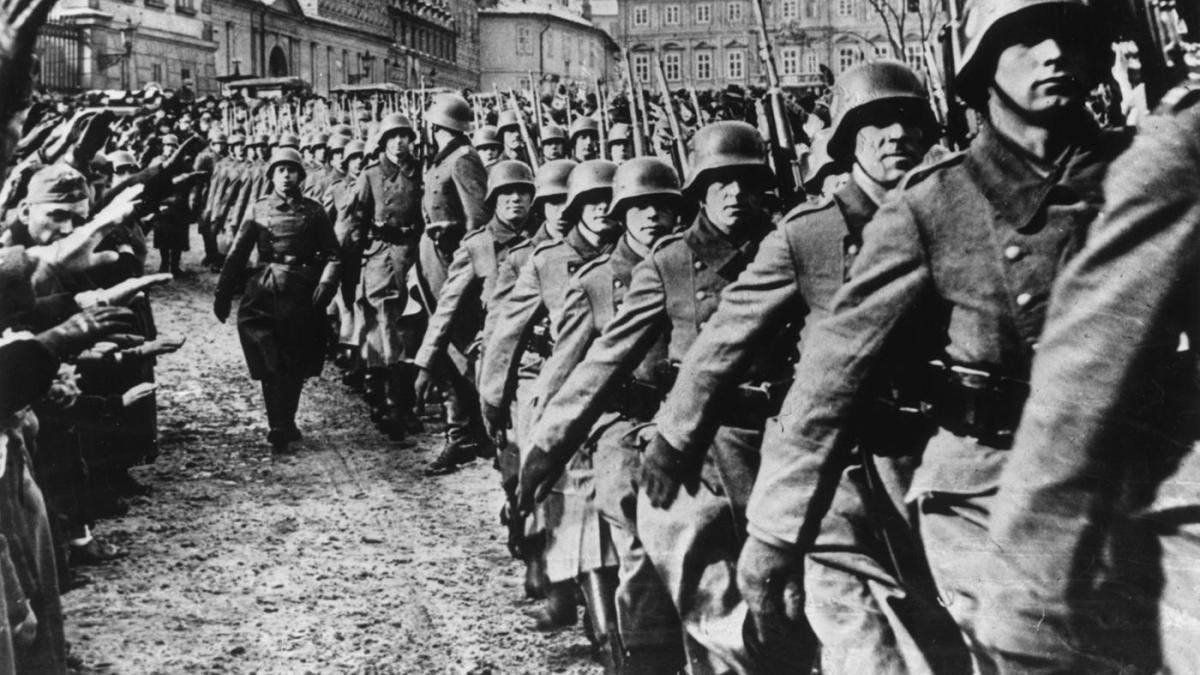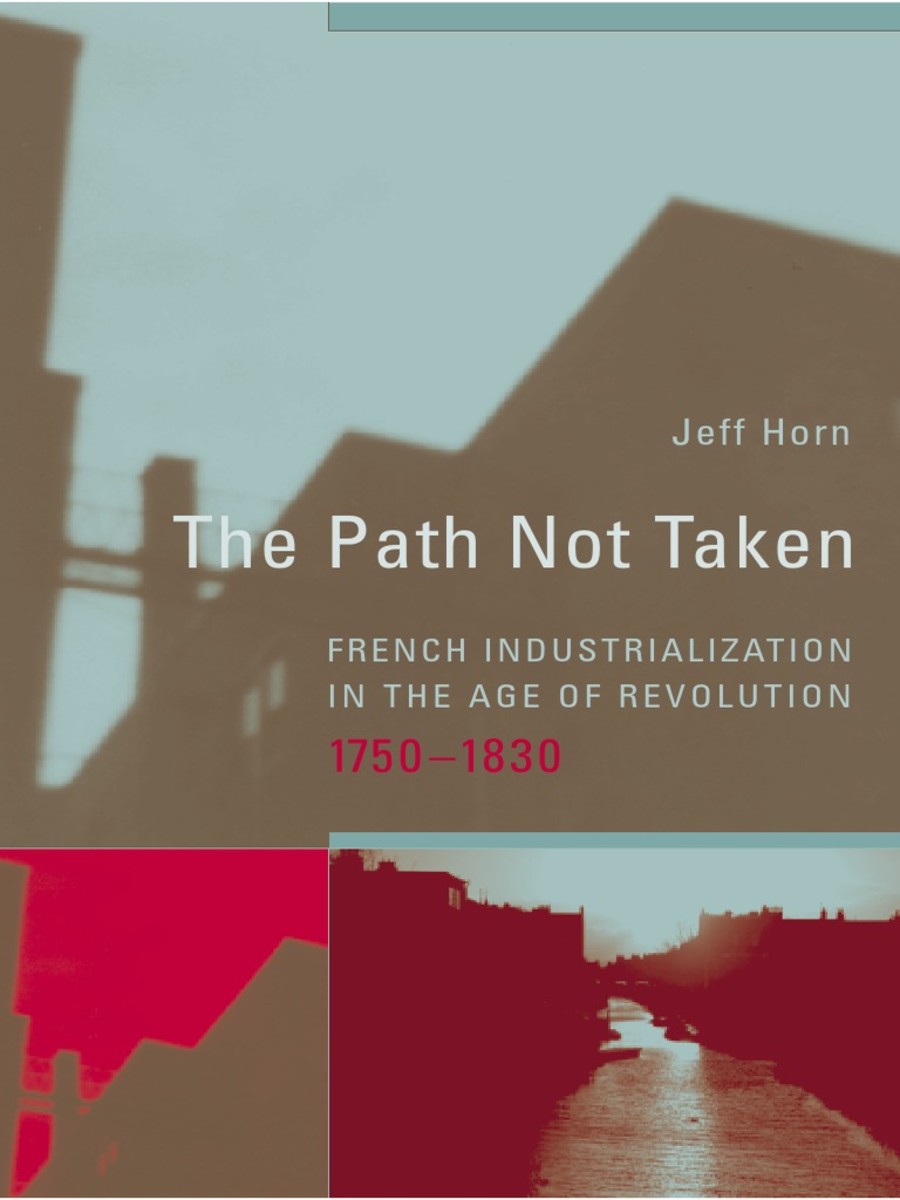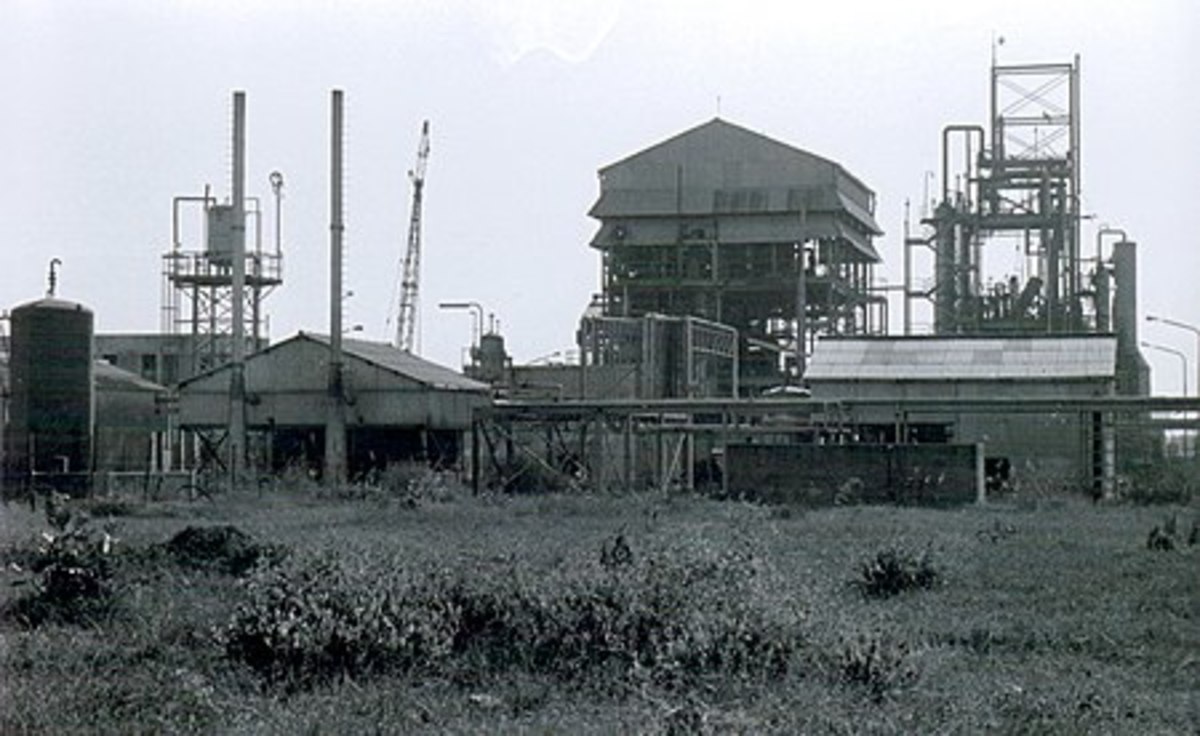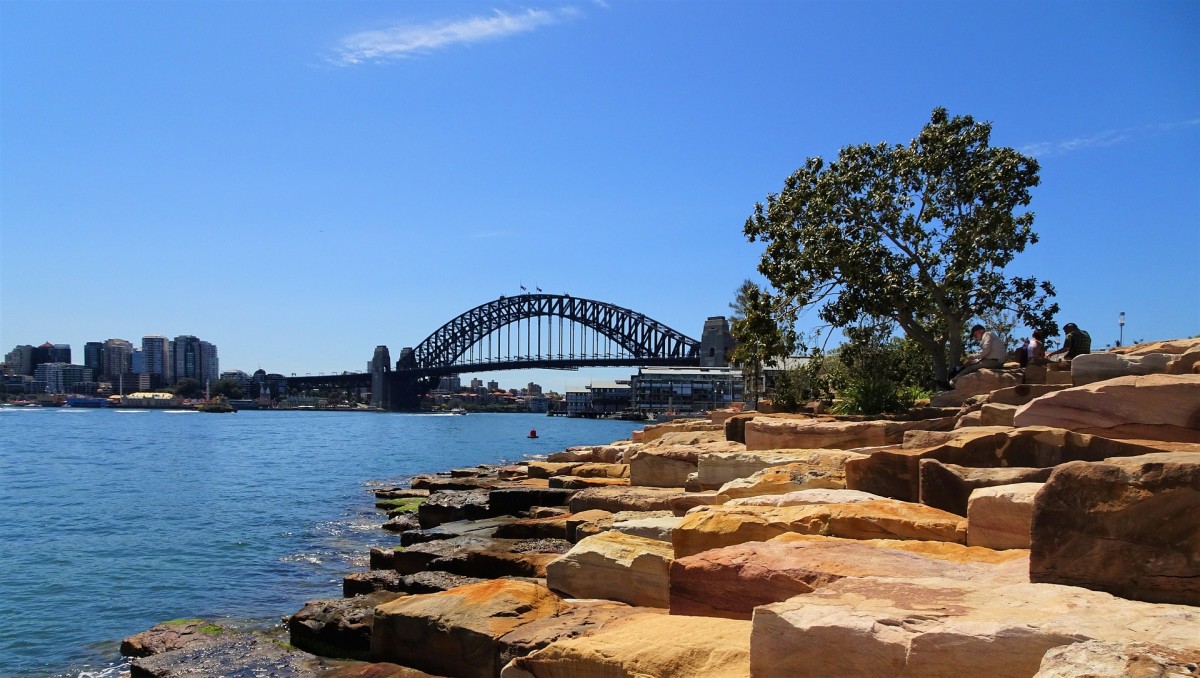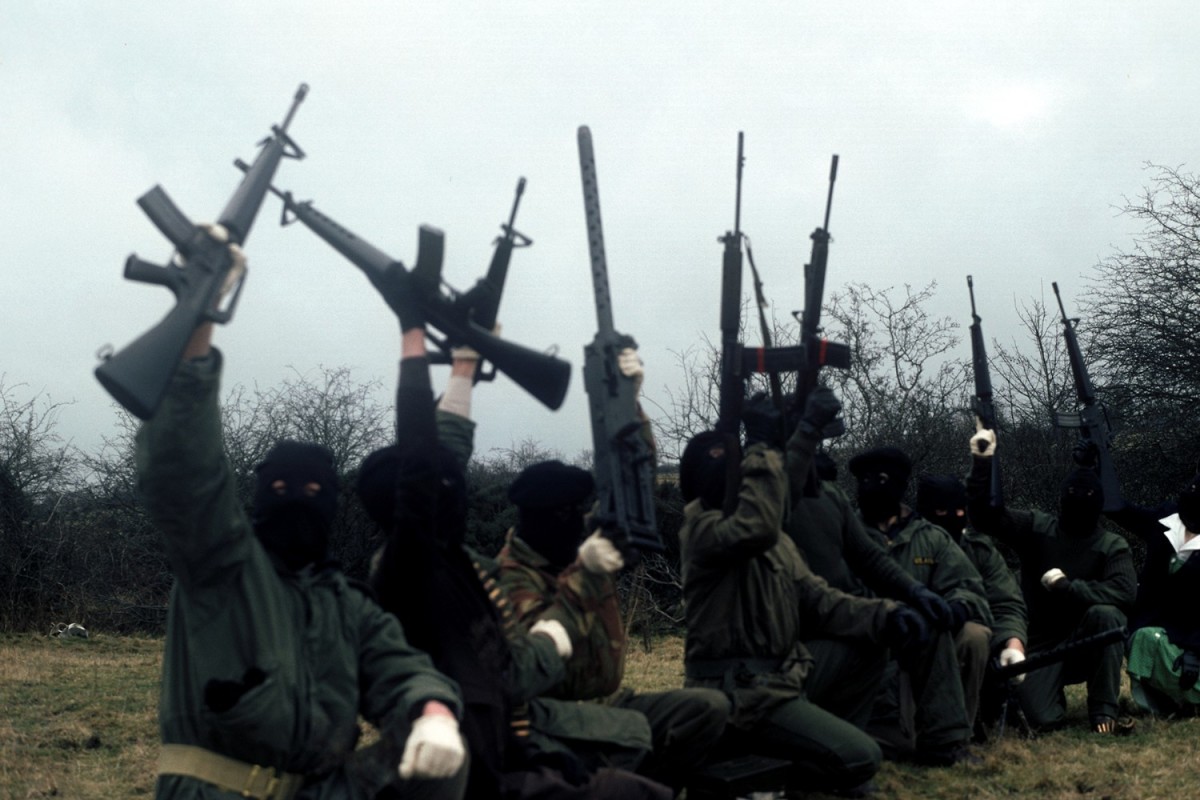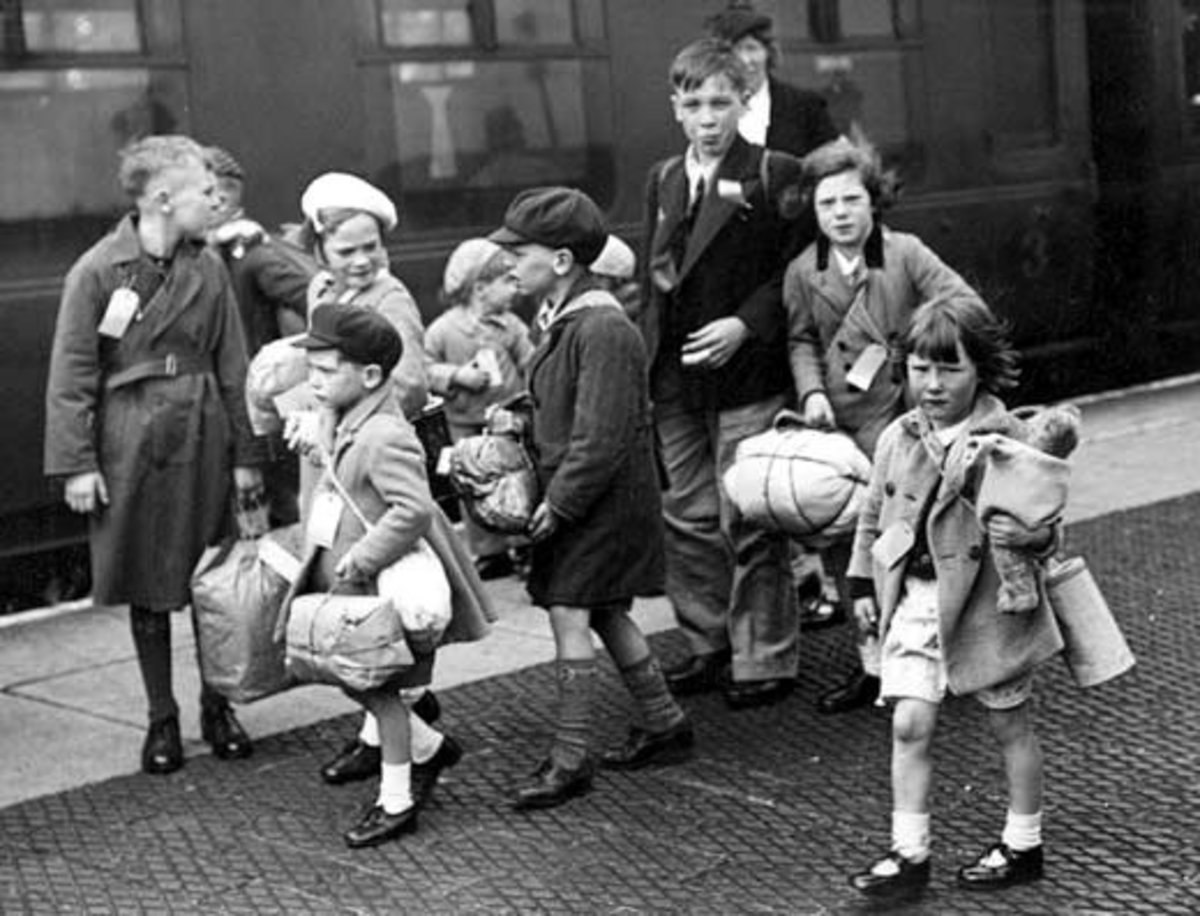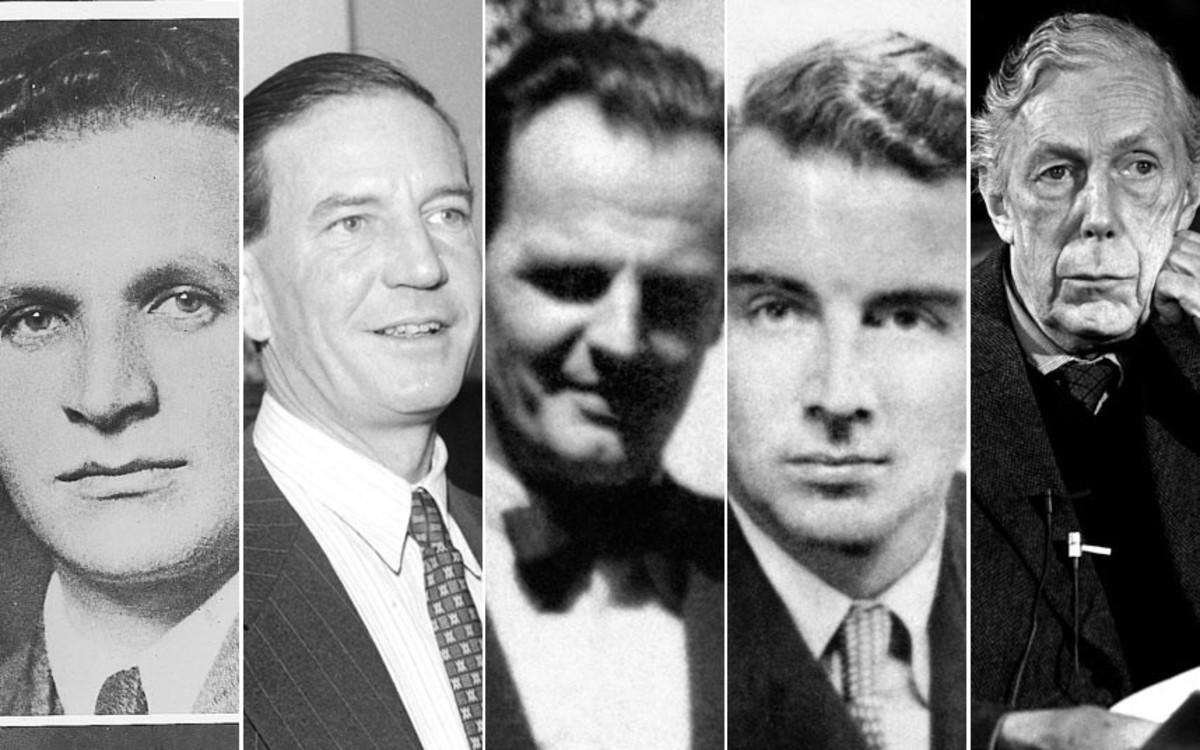Drugs policy in the Netherlands: the social and economic consequences
American advertisement against drugs ; it appeared before video games started
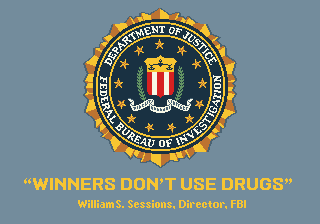
Being a heavy argument that involves emotional aspects, cause of pain both for individuals and families, we have to pay attention when talking about drugs. Taking it superficial, in an argument that causes hundreds of death every year in the world is estimated 250.000 per year, is at least irresponsible.
That although superficiality is one of the main cause why people approach drugs.
Of course legalisation is a way to prevent abusive retails and to stimulate a legal one. It can create even an increment in tourism. Is there a lack of apprehensiveness or too much superficiality in who wants drugs to be legal?
Probably one of the best ways to answer is confronting percentage of drugs users among nations ; in doing this we find out there is no positive relation between use of drugs and freedom in drug policy.
Picture showing the evidence. There's no connection between quantity of users / licentious policies
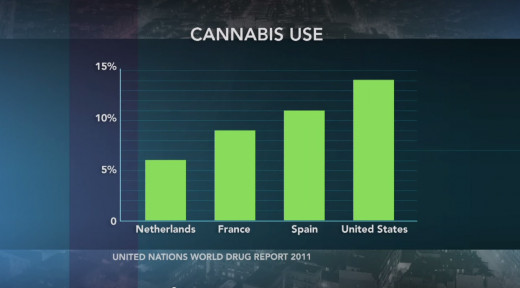
France and Italy have been having repressive policy for at least 60 years. Italian opinion maker Jacopo Fo clayed in a article that in the Netherlands, instead of spending money in investing, judging and imprisoning, they (the government) have invested on informing young people on bad consequences of all kinds of drugs. And results are positive and clear!
To reinforce the theory, one can also look at the Prohibition measures in 1920. It birth was due most to health care preventions and crime preventions. But actually it made the fortune of mafia and other criminal organisations.
Sheriff in California, during prohibition, forcing people to waste alcohol containing beverage
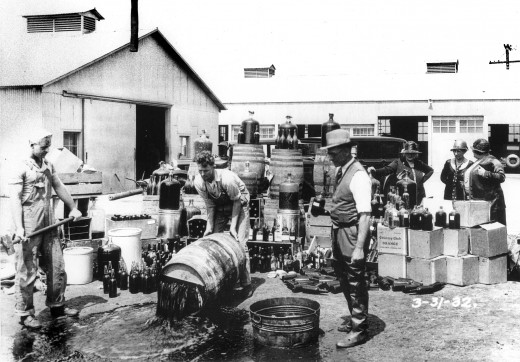
About the economic aspect, a first big data is shown by the city of Amsterdam website, according to which 35% of tourists visiting the city enter a coffe shop. But let's see more in deep if Jacopo Fo calculation is correct.
There are many and varied programs aimed at reducing drug problems in the Netherlands. Most of them are quite small; approximately programs under 10 million Euros each year accounted for the 15 percent. The total budget being of 2,186 million Euros. These interventions, carried out by non-governmental organisations in cooperation with government services, are mostly targeted at children of addicted parents, and youths on the streets, from socio-economically deprived neighbourhoods, in special institutional settings (such as child residential care or custodial institutions), and in recreational settings.
One cannot say the level of financial support from the public to prevention policy is so high; it is not comparable to the ministry of defence effort to repress use of drugs in other European countries or in the Netherlands itself for what concerns heavy drugs.
Fox news attacks Dutch policy in keeping coffe shops open ; the author of the video responds
If positive evidence supports the choice of legalisation, actually the state should do everything possible to
1 help citizens to be informed on what the health consequences of marijuana smoking are
2 control not only the retail but also the providers of marijuana; actually in this point the Dutch government seems to have dramatic lacks, as providers are illegal and abusive greenhouse holders (they cannot be legal as cultivating that is illegal)
New trends consist in considering cannabis with more than 15 percent of the THC to be reclassified as one of the “hard drugs” that come with stiff penalties. The government has also forced coffee shops where marijuana is sold to choose between alcohol and pot, prompting many to choose the former.

